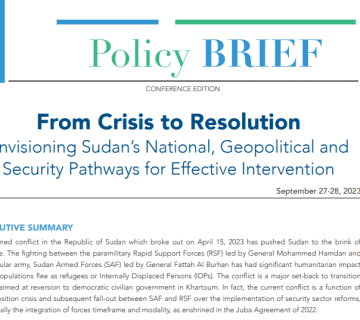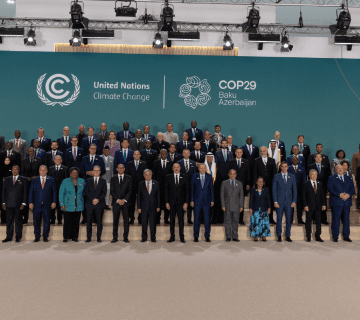The tragedy of commons is that parties acting in self-interest often seek to exploit a common resource in ways that is detrimental to the collective good and mutual interest of interested parties. In international relations, such self-interested actions often lead to disputes, conflict and even war with catastrophic consequences. While national self-interest is the essence of power politics in international relations, cooperation and collaboration has become an indispensable avenue for regional and international peace, security and development. A current case of the ‘crisis of the commons’ is the ongoing dispute between Kenya and Somalia over their maritime border. Tensions have been rising between Kenya and Somalia who disagree over the delimitation of the maritime border of an area in the Indian Ocean that both claim. While the matter is awaiting determination by the International Court of Justice (ICJ) in September 2019, there is a real risk of escalation with serious economic and security implications. This brief proposes a de-escalation and acting in common interest for regional stability. This can be achieved through dialogue and a negotiated (rather than a judicial) settlement in which the border is co-determined by the parties to the dispute in a renewed spirit of Pan Africanism, and the exploitation of the resources contained in the disputed area are made explicit, agreed upon, and respected. This could take the form of joint development initiatives in the disputed zone in a way that would enhance economic cooperation between the two countries.



